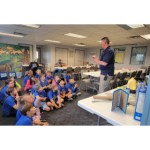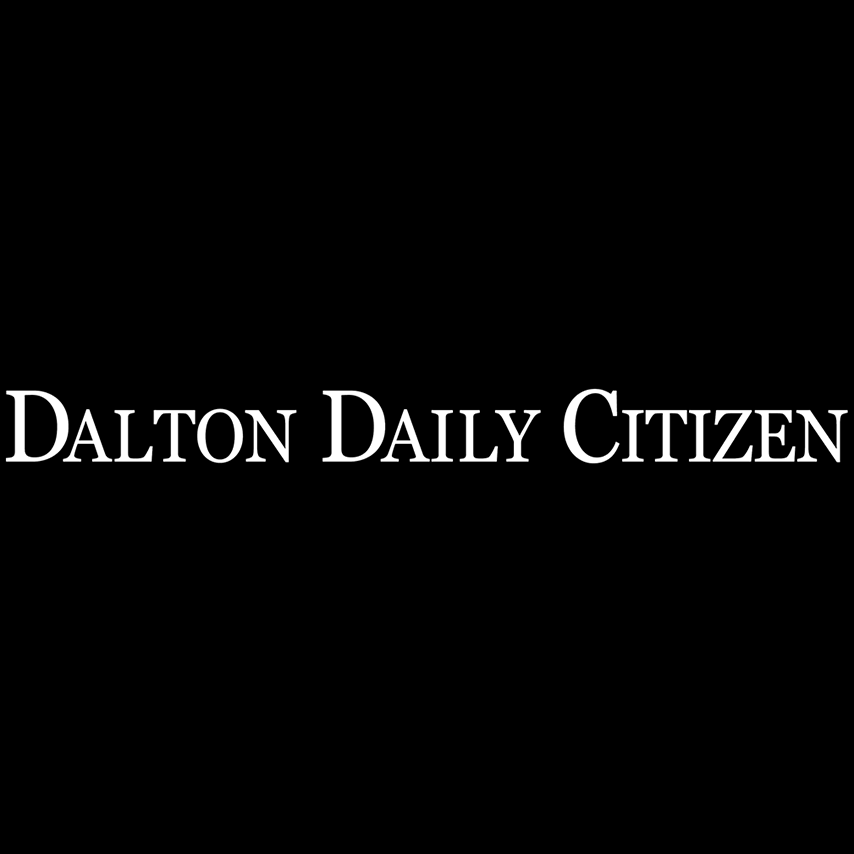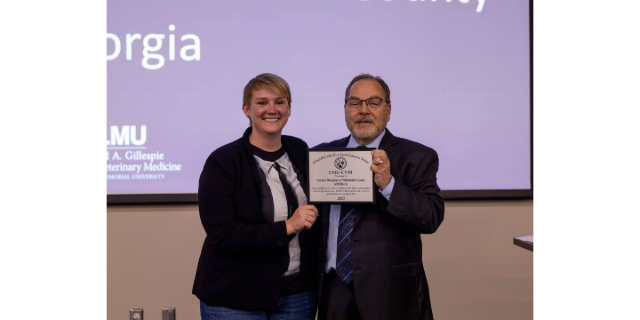Recycle & Reuse: Prepping for recycling at school
Published 8:30 am Wednesday, July 30, 2025


A column about practical, eco-friendly living
It’s back to school season and along with filling up backpacks and trying to get bedtime routines back on track it is beneficial to prep your students for school expectations. Knowing how to prep for the school routines they will have can help give your child confidence when they step through the doors on their first day.
You may know to prepare them for standing in line, asking to use the restroom and bringing home their reports, but the recycling routine often gets missed even though it can come up multiple times a day in the classroom. Checking in with the school and teacher ahead of time and teaching some common practices can help your student be fully prepared to face the school year and save the planet.
Trending
Getting prepared for recycling at school starts with recycling at home. Our schools collect mixed paper so focusing on knowing what kind of paper will be the most helpful for school time. Start by teaching that items are made of different things and work on helping them learn to identify what typical paper products are and what they feel like.
You can try playing “Paper Pirate” together and help them search for the treasure of paper that can be recycled. Once a week, look for paper to recycle together and, in time, they will learn what can be collected through trial and error and get familiar with the most typical recyclable paper like worksheets, coloring pages and construction paper.
Kids might forget that paperboard tubes (like toilet paper rolls) and boxes (like cereal boxes) are recyclable along with their usual paper so once they get the hang of collecting paper start making sure to add these items in.
One test that can help is teaching them to do the “tear test.” This is where you take an item you think might be recycled paper and see if you can tear it. If you can, you likely can recycle it, and if you can’t (like if the item is laminated) you know it needs to go in the trash.
As you practice together you can also make sure to cover the items that should never go in the recycling bin such as used tissues, napkins or toilet paper. You can teach older kids that sticker paper and glittery paper are also not recyclable.
A good rule of thumb for the size of paper to be recycled is it needs to be larger than a credit card. For little ones that may not be able to use that as a guide, they can use their hands. If the paper is bigger than their hand, in the recycling bin it goes, but if not, it will go in the trash can.
Trending
For some extra help, check out the free Recycling Ben worksheets online at www.dwswa.org/mascot-recycling-ben. These worksheets offer interactive learning through matching games, word searches and coloring sheets.
In Whitfield County and the city of Dalton, over 30 schools are actively involved in recycling programs, including a school recycling contest through the Target Recycling at School program by the Dalton-Whitfield Solid Waste Authority. When dropping off your child, look for the sky-blue recycling bins outside the schools or ask teachers and administrators about recycling containers inside to help your student identify where to recycle.
Last year, schools collected 449,100 pounds of recyclables which is about as heavy as 35 African bush elephants, and saved 374 cubic yards of landfill space. Teachers, parents and students can track their monthly progress and compare to other schools by signing up for the newsletter at http://eepurl.com/YEEM.
Thanks to your help, your student can be confident when recycling at school and may even be able to be a leader who helps the other students. They’ll be able to keep this knowledge throughout their life and know that every time they use the recycling bin they are taking care of the planet.
Amy Hartline is the recycling and education program coordinator for the Dalton-Whitfield Solid Waste Authority. Have a recycling question? Contact her at (706) 278-5001 or ahartline@dwswa.org.






